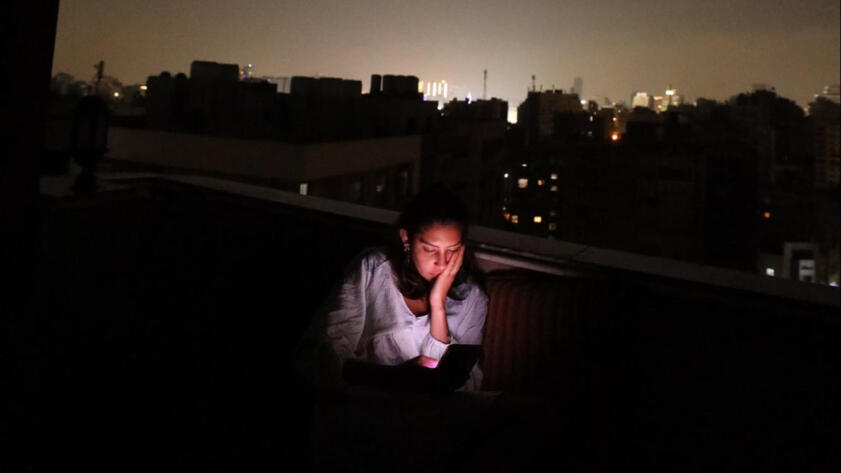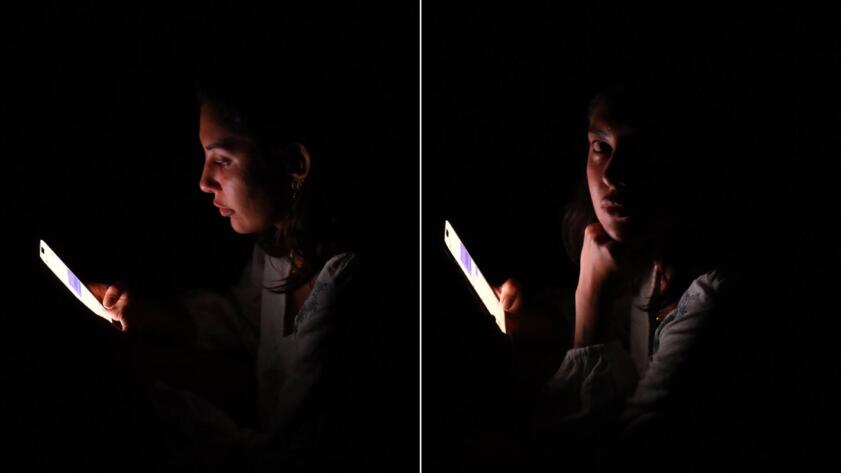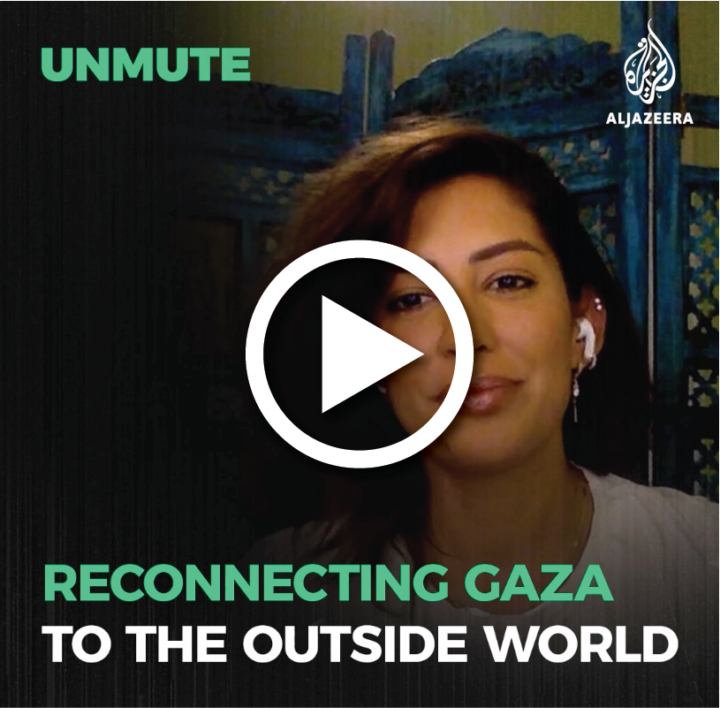Subscribe to Hello World
Hello World is a weekly newsletter—delivered every Saturday morning—that goes deep into our original reporting and the questions we put to big thinkers in the field. Browse the archive here.
“I’m alive.”
It seems like a mundane update. But to Mirna El Helbawi, it’s a sign for her to breathe a sigh of relief for a little while.
The Egyptian writer has a friend in Gaza whom she follows on Instagram. This friend has been DM’ing her every few hours to tell her he’s OK, she told me (hi, it’s investigative reporter Lam Thuy Vo again!) during an interview for a story we published about her distributing eSIM cards to Palestinians. The little updates from her friend became a cruel but necessary ritual for the two over the first month of the Israel-Hamas war.

News
‘Let Me Tell Them Goodbye Before They Get Killed’: How eSIM Cards Are Connecting Palestinian Families
As blackouts in Gaza cut communications, a crowdsourced effort by an Egyptian writer reconnects family members, one eSIM card at a time
She knows firsthand how important connectivity can be during this war, so she started a campaign to collect eSIMs donated by people around the world and to distribute them to Palestinians in Gaza so they can connect with their families. She’s sent more than 40,000 eSIMs to Palestinians in Gaza as of November 24, three weeks into her campaign.
I first came across Mirna’s campaign on Instagram. Someone I followed was raising awareness about it and told me that Mirna organized it. When I contacted Mirna, we agreed to connect via video call, me in New York City and her in Egypt. I connected with her at 6am my time and 1pm hers, after she’d spent the morning tending to her own family for a little bit. She told me she’d been working on her campaign almost nonstop since it went viral just seven days prior to our conversation. She also said she felt guilty for every hour she was sleeping and not working more to connect people in Gaza to their loved ones. She seemed overwhelmed and tired, but mostly, she also struck me as determined.
In addition to sharing our article about her campaign, we wanted to share part of our interview with Mirna directly with you. To that end, we’ve published a video, co-produced with Al Jazeera English. You can see a snippet of it here:
When war puts people in danger and displaces them, we often see gruesome images and heartbreaking big headlines. But underlying those are also smaller horrors like the uncertainty about a loved one being alive or safe. As a daughter of a political asylee and of a refugee from Vietnam, I’ve seen for many years how a conflict and its yearslong repercussions can separate people from their loved ones.
Technology has done miracles to transform how people can stay in touch through conflict and economic duress.
What’s new in relationships is technology: So many long-distance relationships, whether they be familial, platonic, or romantic, are mediated through apps like WhatsApp, Viber, and Facebook Messenger now. Technology has done miracles to transform how people can stay in touch through conflict and economic duress, but blackouts like those in Gaza remind us how tenuous these connections can be. As a reporter, I’ve struggled to understand my personal role in reporting about the war, but I hope that the story of Mirna and her efforts offers a small perspective into part of this war through the lens of technology.
Thanks for reading,
Lam Thuy Vo
Investigative Reporter
The Markup





